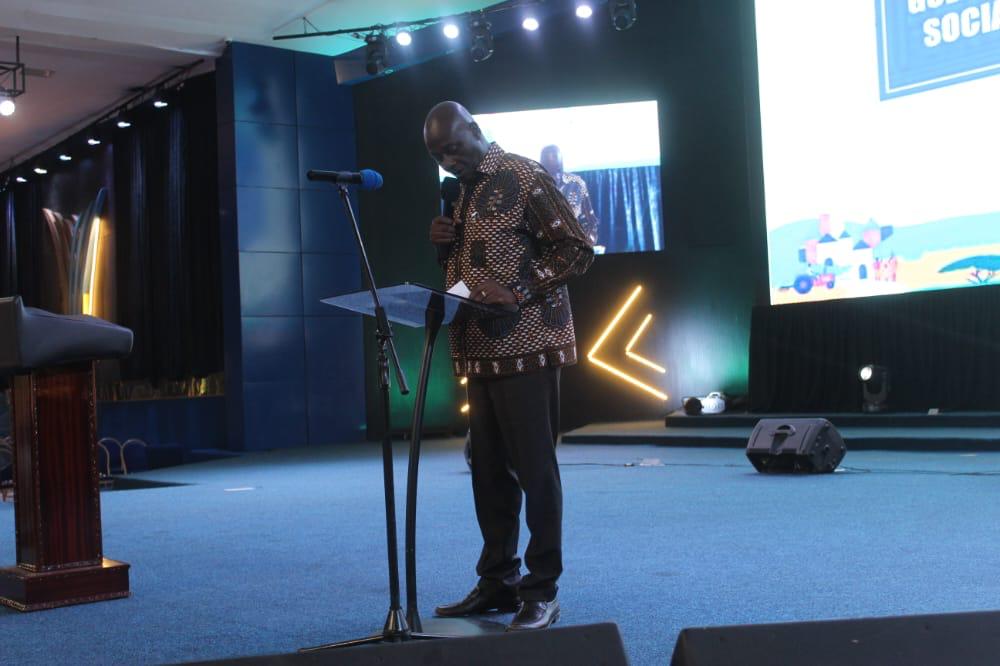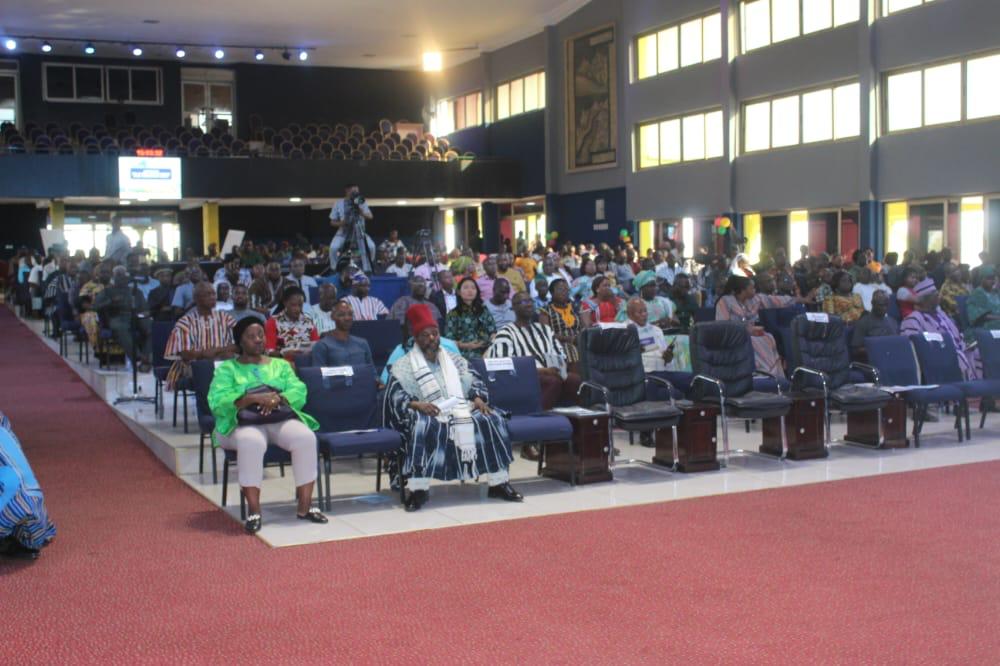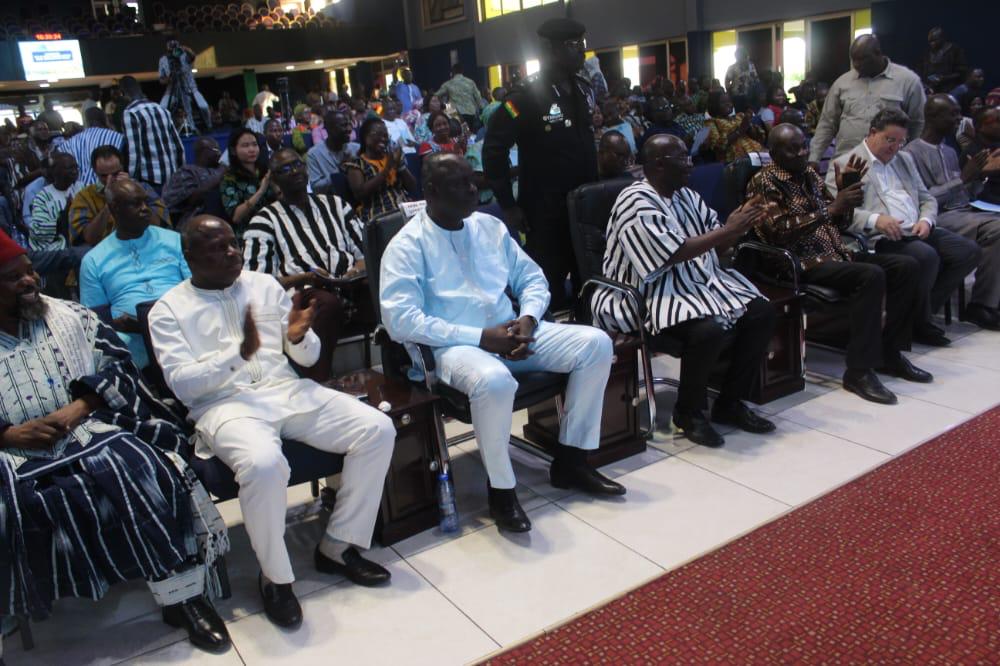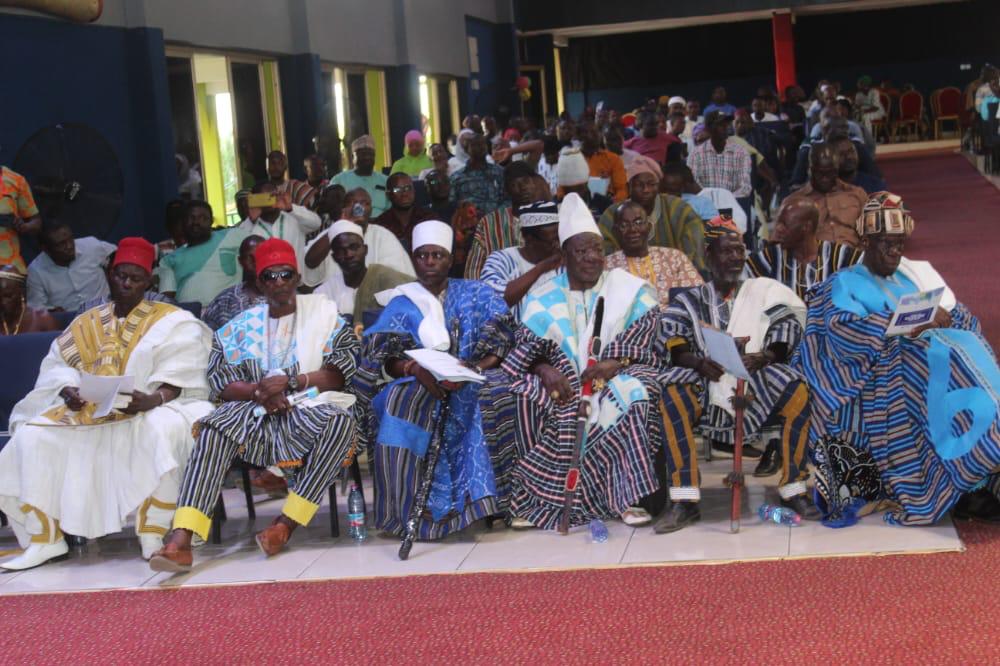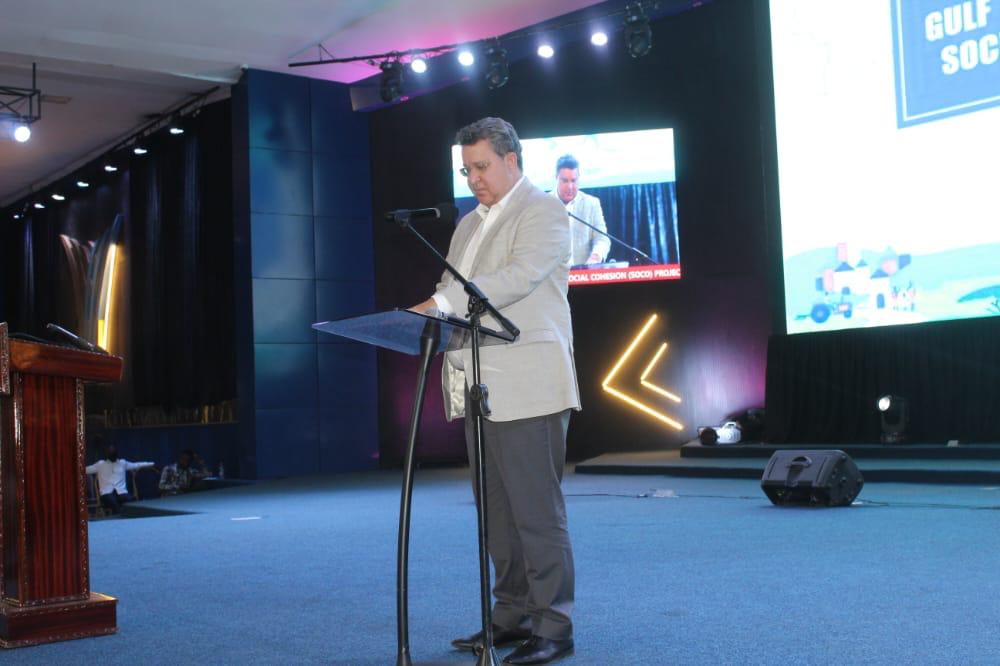The Government of Ghana has received funding in the amount of Nine million US dollars from USAID to be used for the implementation of the Resilience In Northern Ghana II (RING II) activities in all the RING II implementing Metropolitan, Municipal, and District Assemblies in four northern regions.
This was revealed by a Deputy Minister for Local Government, Decentralisation, and Rural Development, Hon. Collins Augustine Ntim in a keynote address at the launch of the new $35 million RING II partnership, in the Nadowli Kaleo district in the Upper West Region
The five years partnership is expected to strengthen government systems to improve service delivery in health, nutrition, Water, Sanitation and Hygiene (WASH), agriculture, and social protection.
The RING II partnership was co-created by USAID, the Ministry of Local Government, Decentralisation and Rural Development, the Ministry of Finance and National Development Planning Commission, along with representatives from Upper East, Upper West, Northern, and North East Regional Coordinating Councils and 17 District Assemblies implementing RING II.
“To show the commitment of USAID to implementation of this project, I am glad to inform all present that, the Government of Ghana has so far received an amount of three million Three hundred and fifty-one thousand, eight hundred and twenty Ghana Cedis, thirty-six pesewas (GHS3, 351,820.36) from USAID for the implementation of September, October and November RING II activities”, he added.
Hon. Ntim has urged all beneficiary MMDAs to place importance on the implementation of the project and ensure effective and efficient use of the allocated funds to benefit poor households and improve the nutrition levels within the implementing Districts of the Project.
The acting Mission Director, Paul Pleva on his part said the RING partnership will afford the Government of Ghana and USAID a unique opportunity to improve the nutrition and resilience of vulnerable communities in Northern Ghana.
Upper West Regional Minister, Dr. Hafiz Bin Salih in his welcome address stated that the four northern regions are elated about the project as nutrition and resilience issues pose major challenges in making life better for the people.
The first phase of the RING project which was implemented between 2014 -2019 was an initiative of the United State Agency for International Development (USAID) and Feed the Future (FTF) project to support the efforts of the Government of Ghana to improve the livelihoods and nutritional status of the vulnerable and to enhance their socio-economic wellbeing. The project was implemented and coordinated through the Northern Regional Coordinating Council (NRCC).
The objective of the Project was to improve the livelihoods and nutritional status of vulnerable households in targeted communities in 17 selected Metropolitan, Municipal, and District Assemblies (MMDAs) in the Northern Region of Ghana.
The key areas the project interventions were expected to improve include nutrition, governance, water, sanitation, and hygiene (WASH), agriculture, and livelihoods.
The MMDAs of RING I beneficiaries were Central Gonja, East Gonja, East Mamprusi, Gushegu, Karaga, Kpandai, Kumbungu, Nanumba North, Nanumba South, Saboba, Saganerigu, Savelugu, Tamale, Tolon, West Gonja, and Chereponi.
Source: PUBLIC RELATIONS UNIT (MLGDRD)


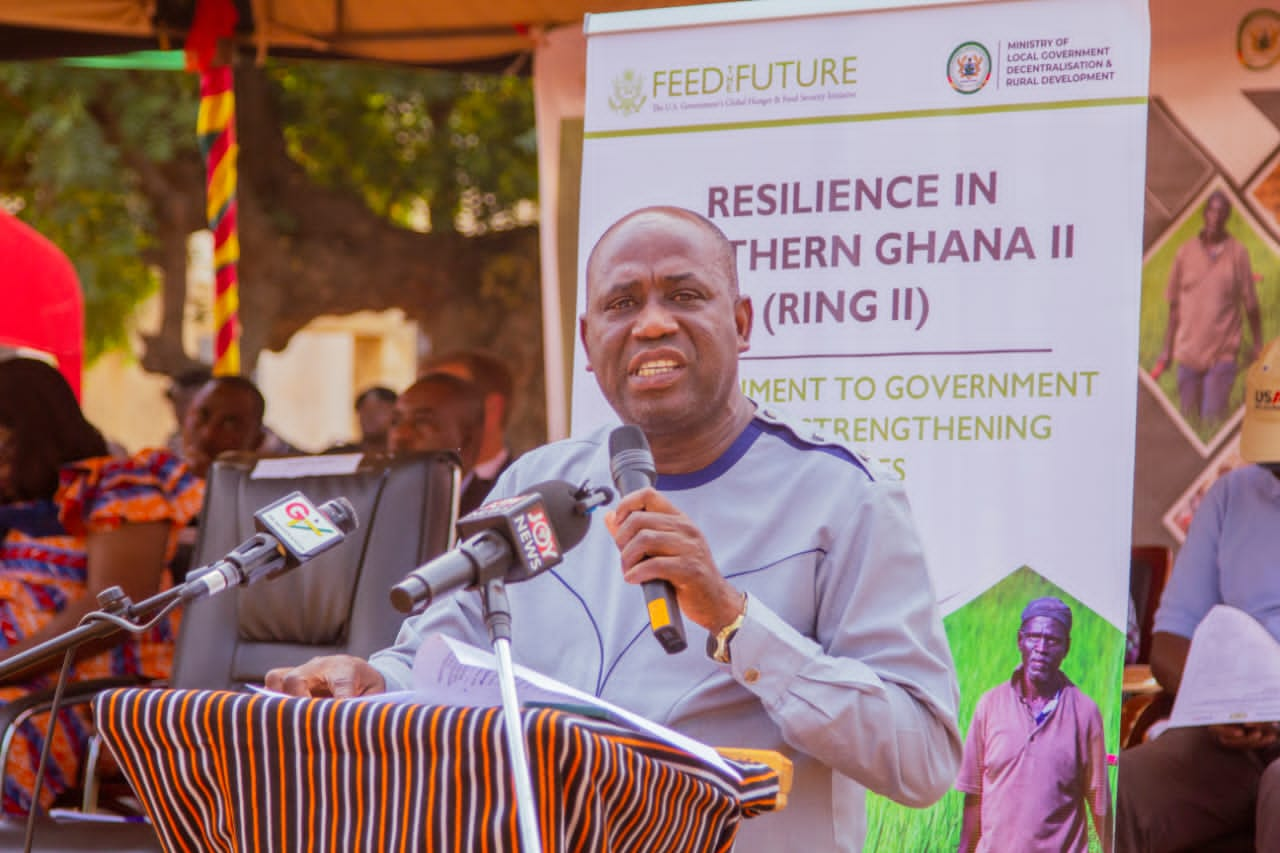


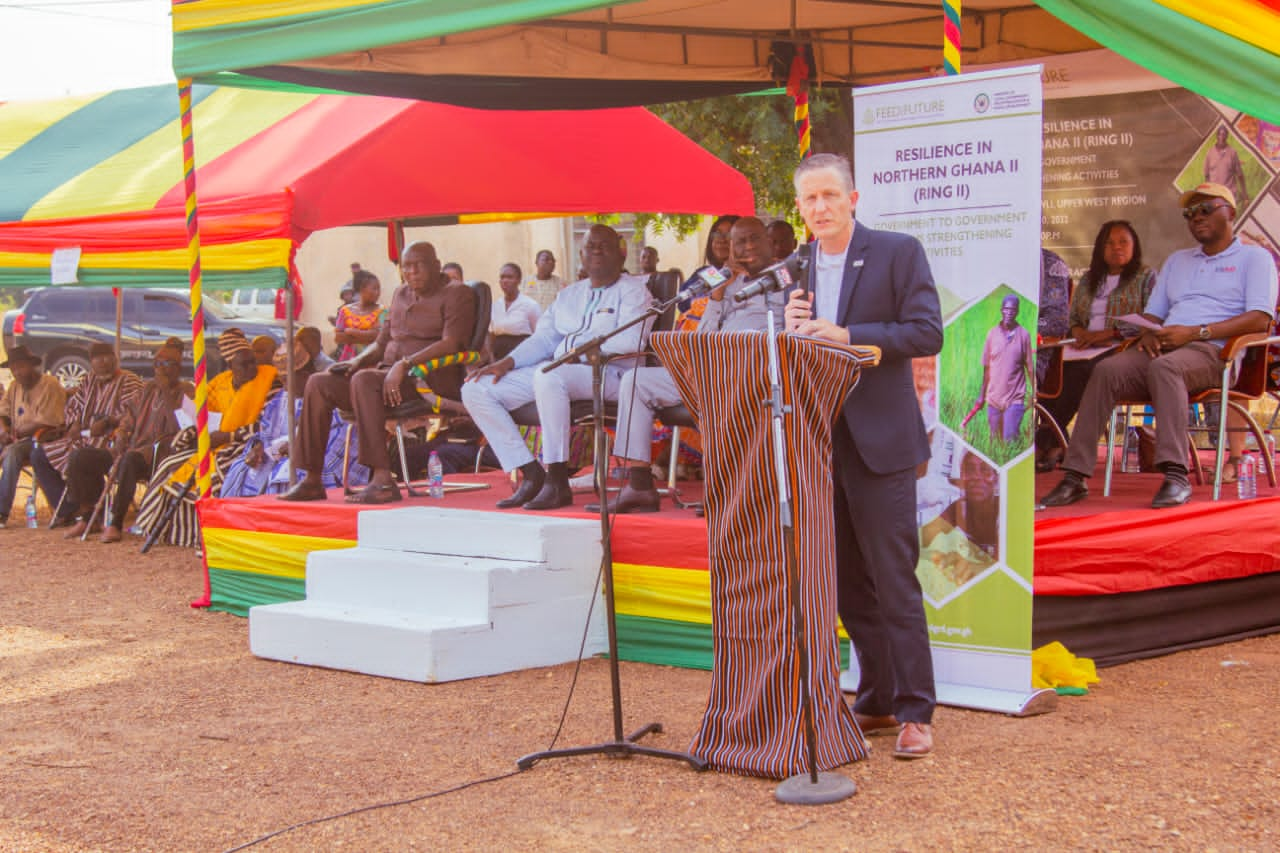
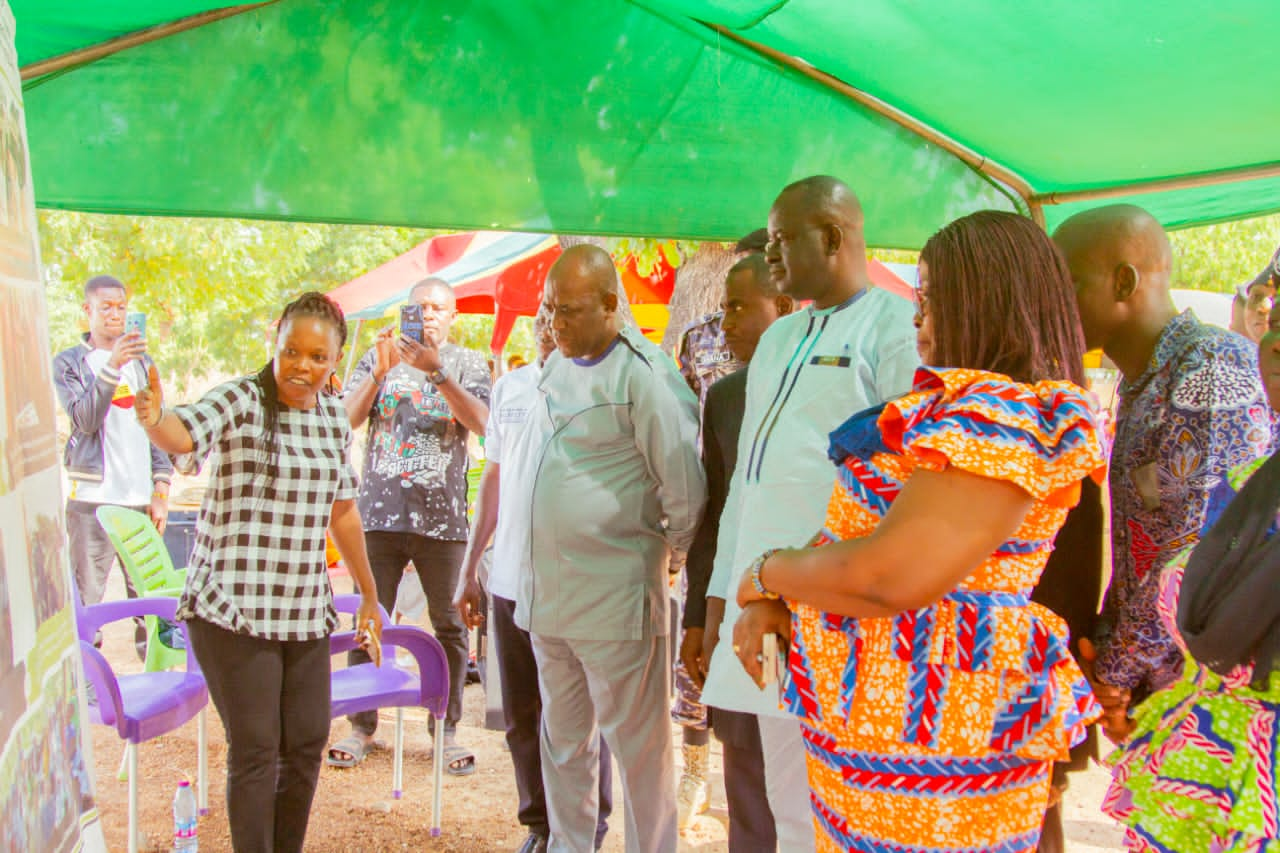
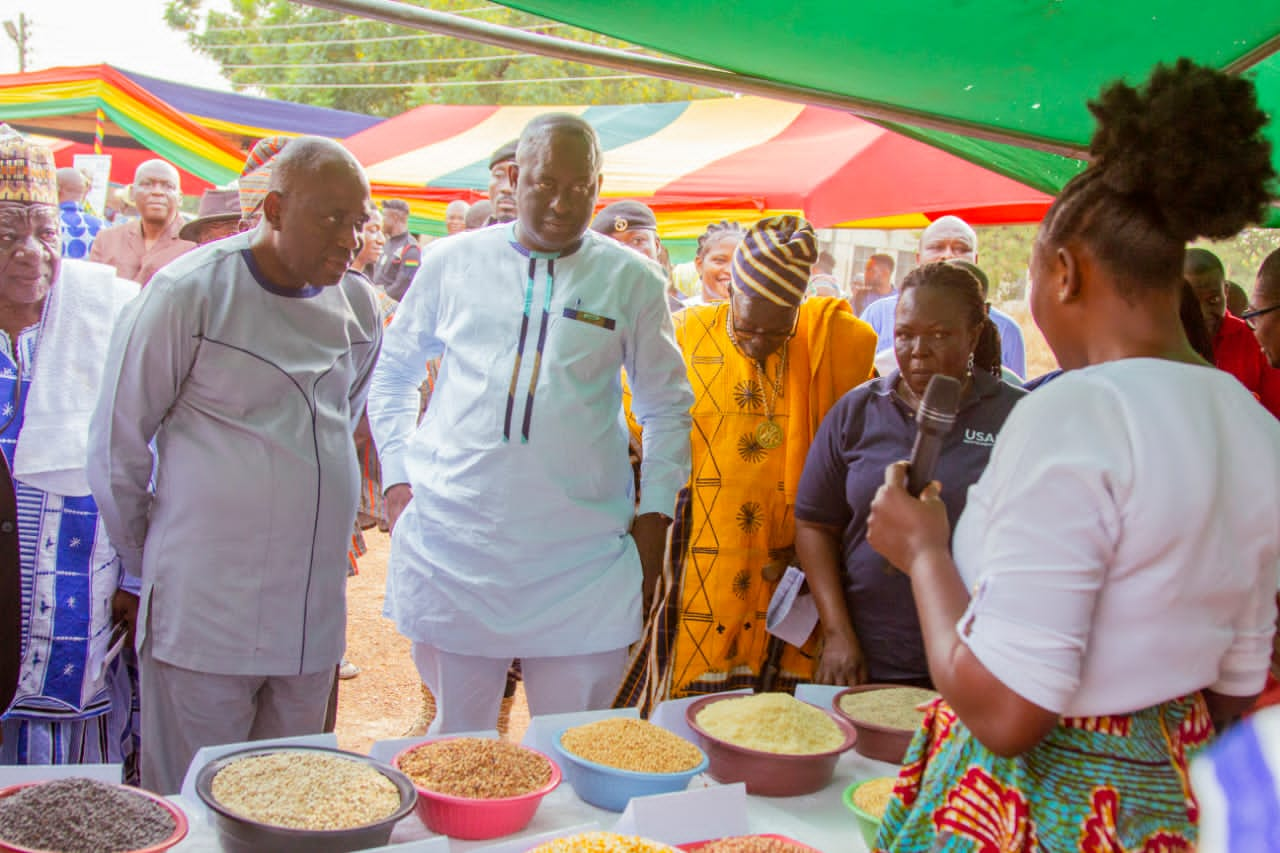
 with Hon. Daniel Botwe and Mr. Pierre3 Frank Laporte, WB Country Director.jpg)
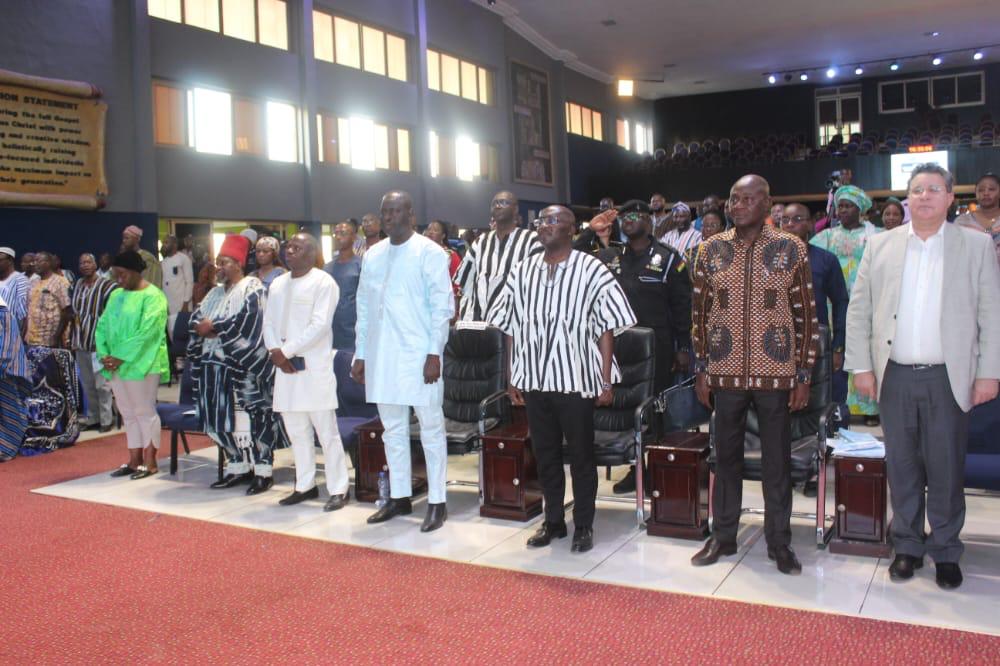
 and people seated at the launch.jpg)
